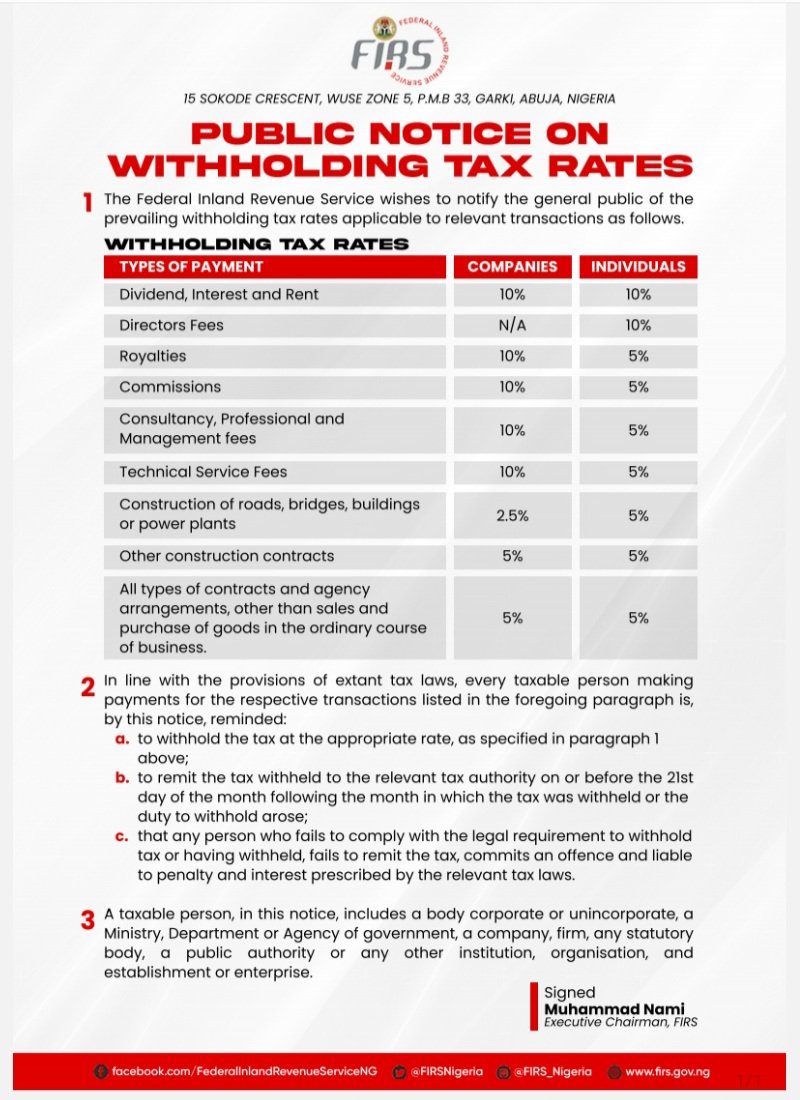
The Central Bank of Nigeria (CBN) has projected Nigeria’s economy to grow at 1.75 percent within this year, 2018.
The Committee said that the growth projection is anchored on continued stability in the foreign exchange market, sustained high price and production of oil and improved electricity supply.
In a communiqué issued at the end its 120th meeting in Abuja today, Tuesday, the Monetary Committee emphasised that the nation’s economy outlook for the year is positive, even as it said that the inflation outlook suggests a mild resurgence of inflationary pressure in the economy.
This, the Communiqué, signed by the CBN Governor, Godwin Emefiele, is traceable largely to cost-push factors, election related spending, amongst other domestic factors.
“The moderating factors to the outlook would include; improved power supply, increased expenditure on capital projects and improved security conditions, all of which may exert downward pressure on consumer prices in the near-term.”
The Committee said that it appraised the macroeconomic environment and noted that at its July meeting, modest stability had been achieved in key indicators, including inflation, exchange rate and external reserves.
“In particular, relative stability had returned to the foreign exchange market, buoyed by a robust level of external reserves with inflation trending downwards for the 18th consecutive month. These gains so far achieved appear to be under threat of reversal, following new data which provides evidence of weakening fundamentals.
“The Committee identified rising inflation and pressure on external reserves created by capital flow reversal as the current challenges to growth. It noted that inflationary pressures have started rebuilding and capital flow reversals have intensified as shown by the bearish trend in the equities market even though the exchange rate remains very stable.
“The Committee was concerned that the exit from recession may be under threat as the economy slowed to 1.95 and 1.50 per cent in Q1 and Q2 2018, respectively. The Committee noted that the slowdown emanated from the oil sector, with strong linkages to employment and growth in other key sectors of the economy. In this regard, the Committee urged government to take advantage of the current rising oil prices to rebuild fiscal buffers, strengthen government finances in the medium term and reverse the current trend ofdecline in output growth. The MPC also called on the fiscal authorities to intensify the implementation of the Economic Recovery and Growth Plan (ERGP)to stimulate economic activity, bridge the output gap and create employment.
“The Committee noted that disruptions to the food supply chain in major food producing states due to the combined effects of poor infrastructure, flooding and the on-going security challenges resulted in a rise in food prices, contributing to the uptick in headline inflation. The Committee was, however, optimistic that as harvests progress in the coming months, pressure on food prices would gradually recede, while growth enhancing measures would over the medium term have some moderating impact on food prices.
“The MPC expressed concern over the potential impact of liquidity injections from election related spending and increase in FAAC distributions which is rising in tandem with increase in oil receipts.
“The Committee was concerned with the rising level of non-performing loans in the banking system, traced mainly to the oil sector and urged the Bank to closely monitor and address the situation. It also expressed concern over the weak intermediation by Deposit Money Banks and its adverse impact on credit expansion and investment growth by the private sector.
“In view of the above developments, the MPC noted that the economy was still confronted with growth headwinds and inflationary pressures. It reiterated the need for synergy between monetary and fiscal policies as a viable option for macroeconomic stability. The Committee, therefore, identified two likely policy options as tightening or maintaining the status quo ante. Tightening would tame inflationary pressures, stem the reversal in portfolio capital, improve the external reserves position and maintain stability in the foreign exchange market. Conversely, the MPC felt that raising rates would further weaken growth as credit would become more expensive, NPLs would increase further, leading to a deceleration in output. In the Committee’s opinion, the upward adjustment would not only signal the Bank’s commitment to price stability but also its desire to maintain positive real interest rates.
“A decision to hold all policy parameters constant would sustain gradual improvements in output growth, maintain the current monetary policy stance and await a clearer understanding of the quantum and timing of liquidity injections into the economy before deciding on possible adjustments. The MPC, however, called on the government to fast track the implementation of the 2018 budget to help jumpstart the process of sustainable economic recovery, and to facilitatepassage of the Petroleum Industry Bill in order to increase the contribution of the sector to overall GDP.”
The Committee decided that in light of the above, by a vote of seven (7) members to retain the MPR at 14 per cent, even as three out of the seven members voted to raise the Cash Reserve Requirement (CRR) by 150 basis points.
“In summary, the MPC voted to:
- Retain the MPR at 14 per cent;
- Retain the asymmetric corridor of +200/-500 basis points around the
MPR;
- Retain the CRR at 22.5 per cent; and
- Retain the Liquidity Ratio at 30 per cent.








